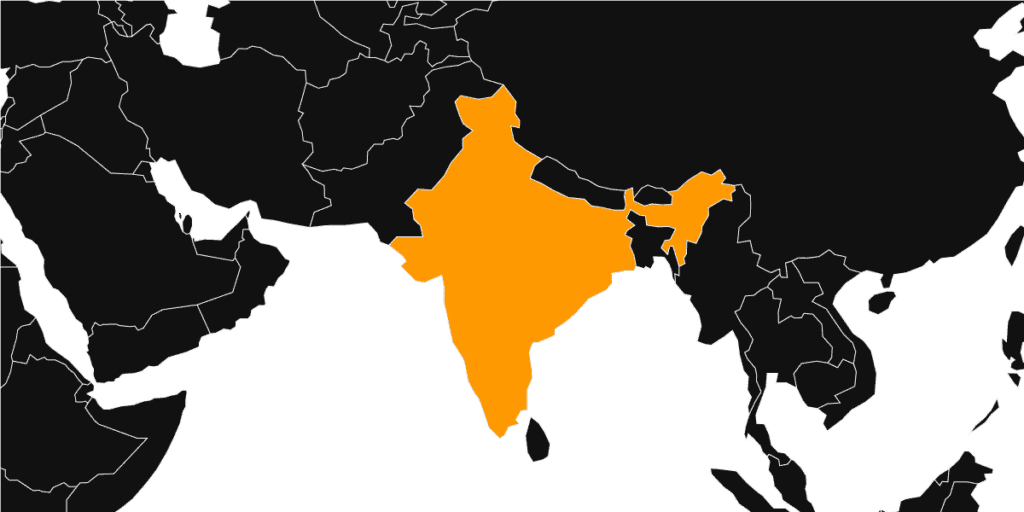

India’s chilling death toll: Another journalist killed in Uttar Pradesh
The killing of Hemant Kumar Yadav is the sixth murder of journalist in India in 2015 and the third in Uttar Pradesh in 2015 and joins its India affiliates in calling on the government to immediately take steps to improve the alarming security situation for journalists in India.

Two Indian journalists threatened by Hindu group in Mumbai
IFJ condemns the threats issued to Indian journalists Nikhil Wagle and Shyamsundar Sonnar by Sanatan Sanstha, a Hindu group in Mumbai, India. The IFJ calls on the Indian authorities to immediately investigate the threats and ensure journalist safety across the country.
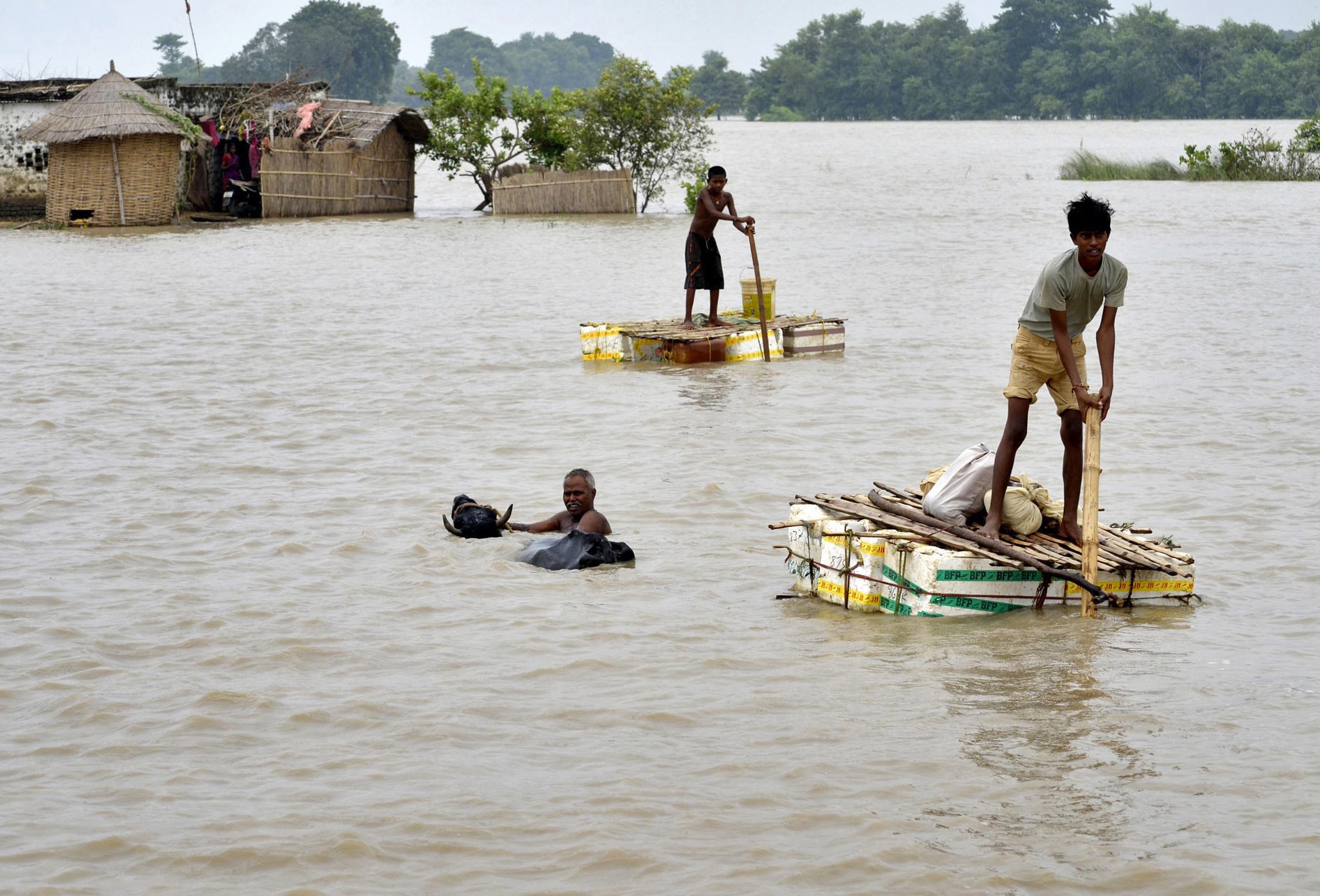
India: New killing of ‘right-to-information’ activist
The killing of a right-to-information activist in Bihar state, India in August 2015 highlights the risks to people requesting information from the authorities, as provided by law.

Call for thorough investigation into murder of Indian scholar and writer
78-year-old Indian scholar and writer Dr. Malleshappa Madivalappa Kalburgi Kalburgi had, through his writings and his speeches, upset groups within the Lingayat communityas well as Right Wing Hindutva groups.

West Bengal journalist who covered corruption reported missing in India
A correspondent who wrote about corruption for a Bengali-language daily has been reported missing in the Indian state of West Bengal. Chayan Sarkar’s disappearance comes as a number of journalists have been attacked after reporting on corruption around India.
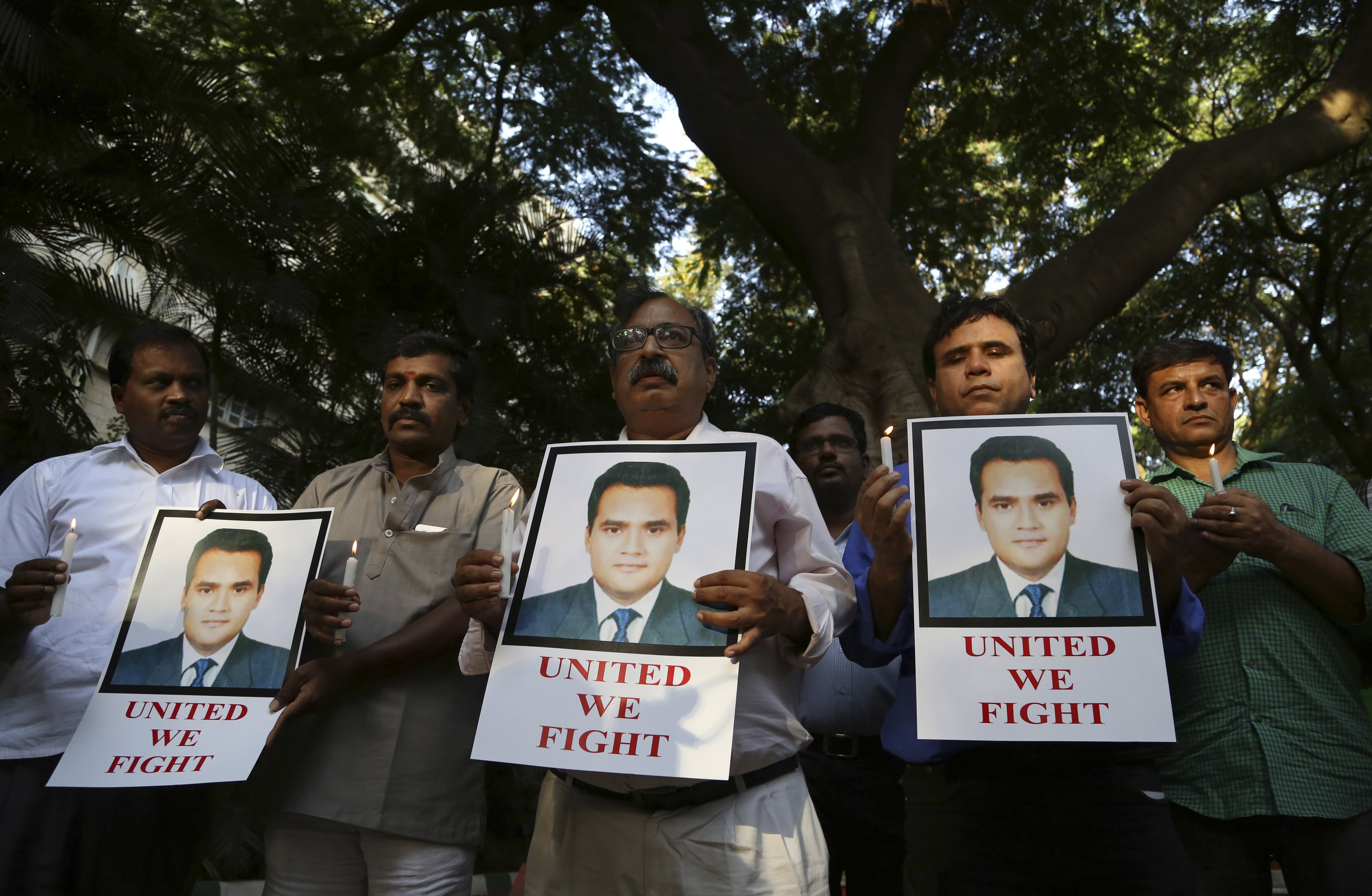
TV journalist investigating Vyapam scam dies on assignment in India
The sudden and mysterious death of journalist Akshay Singh, while investigating one of the biggest recruitment scams in India over the past decade, has been deemed suspicious as it cannot be isolated from other deaths connected to the scam.

Journalist shot and thrown out of a car in Assam, India
The motive of the attack on journalist Prasanta Kumar is not clear although police suspect that an Assam terrorist outfit is behind it as he was actively writing against the extortion drive and the ongoing anti-terrorist operations.

Another journalist burnt to death in India
Journalist Sandeep Kothari had reported extensively on illegal mining in the Indian state of Madhya Pradesh and had filed a case against an illegal mining gang.
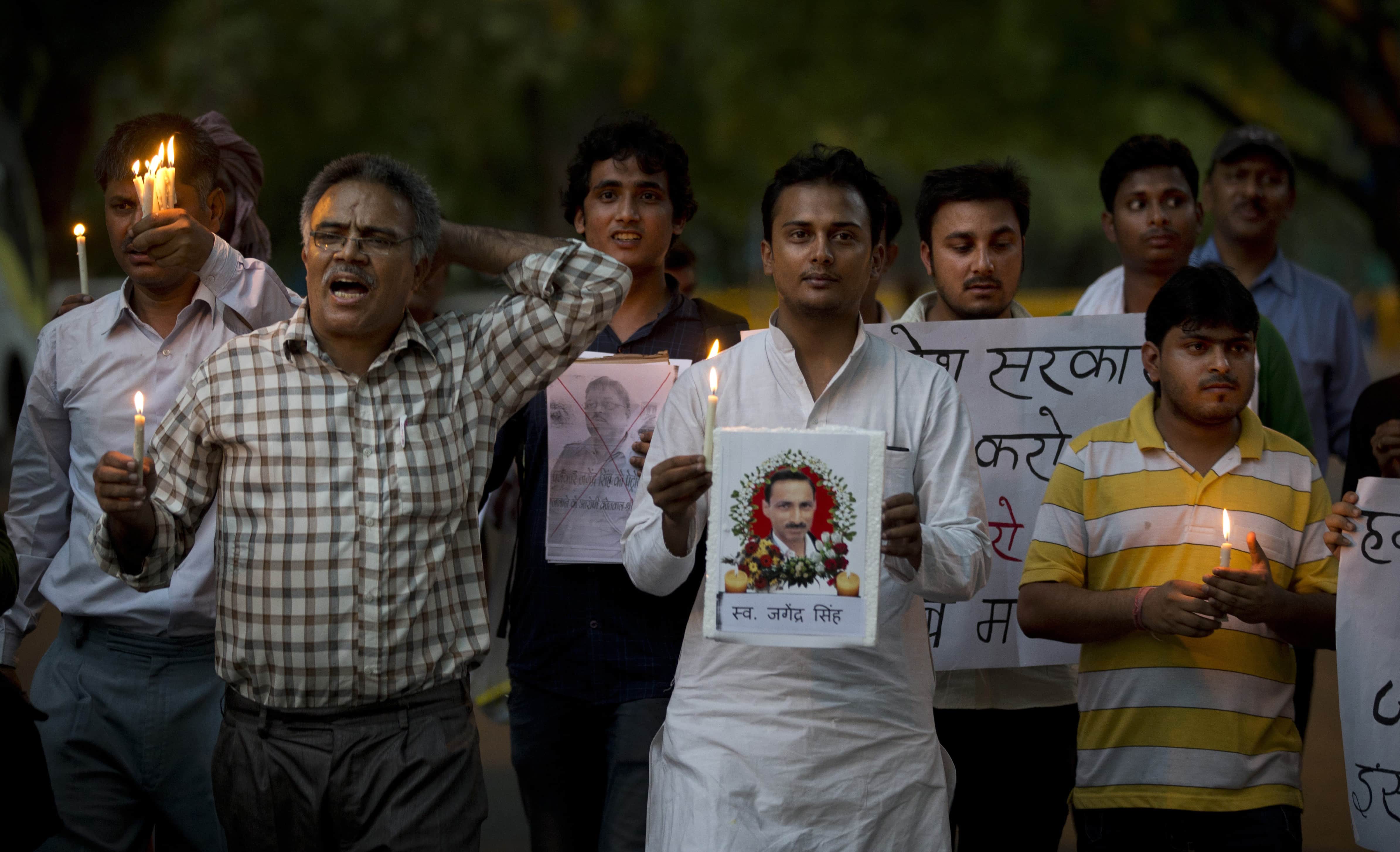
Indian journalist beaten, dragged after another burned to death
Police have reportedly opened an investigation centred on a man that journalist Haider Khan’s reporting implicated in a wrongful land transfer.

Call for investigation into journalist’s burning death; police accused
Before he died, Indian freelance journalist Jagendra Singh alleged that police set him on fire; he also accused an Uttar Pradesh minister of “unleashing a reign of terror” on him and his family in reprisal for his investigative reports and critical comments.

Indian netizens take up the fight for Internet freedom
The net neutrality debate that captured the attention of internet users in the U.S. and turned them into digital advocates has now reached the world’s largest democracy.
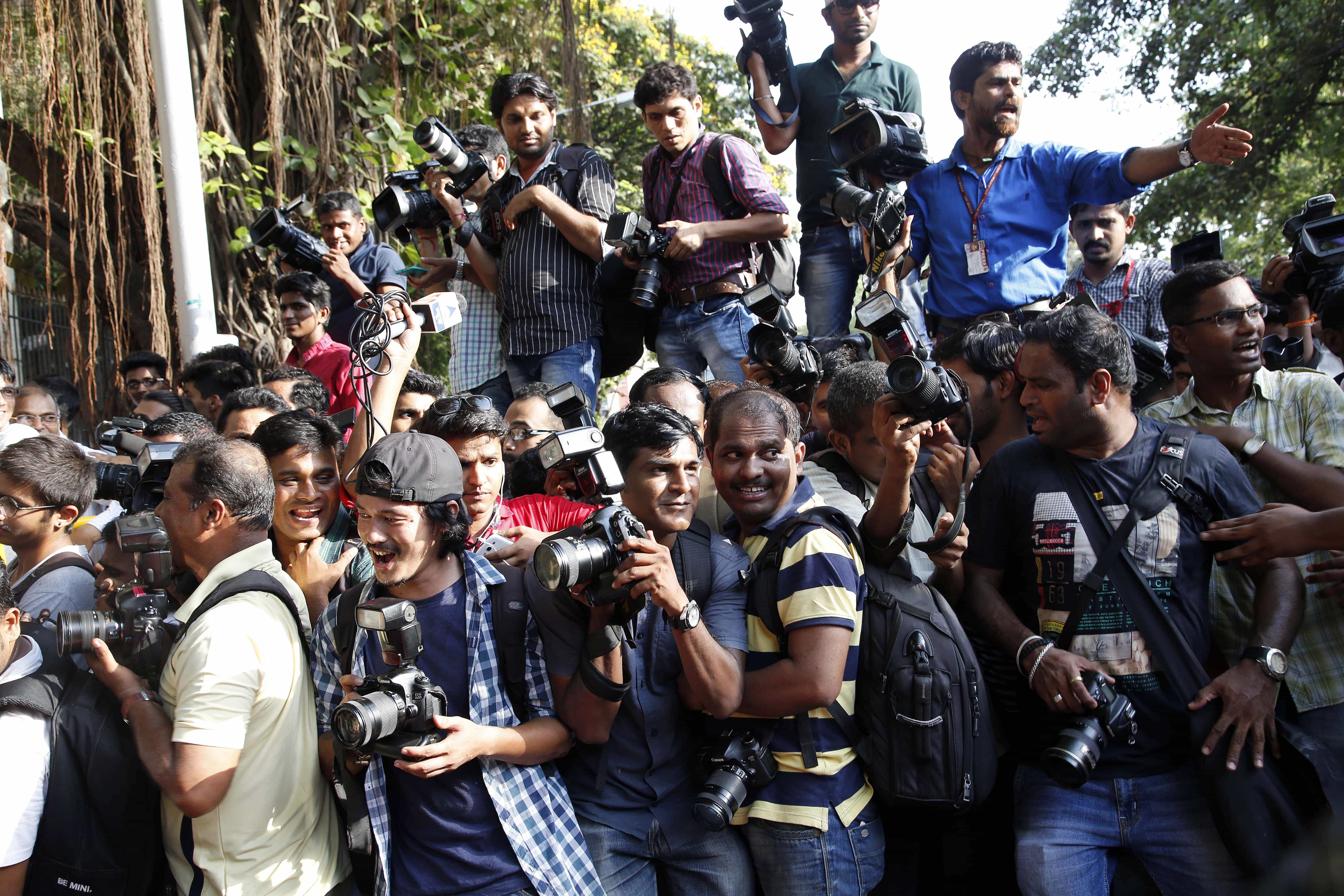
Groups call on India to repeal laws threatening free expression, democracy
The chill on free expression silences political criticism and often discourages marginal voices from speaking out on sensitive social, cultural, and religious matters.
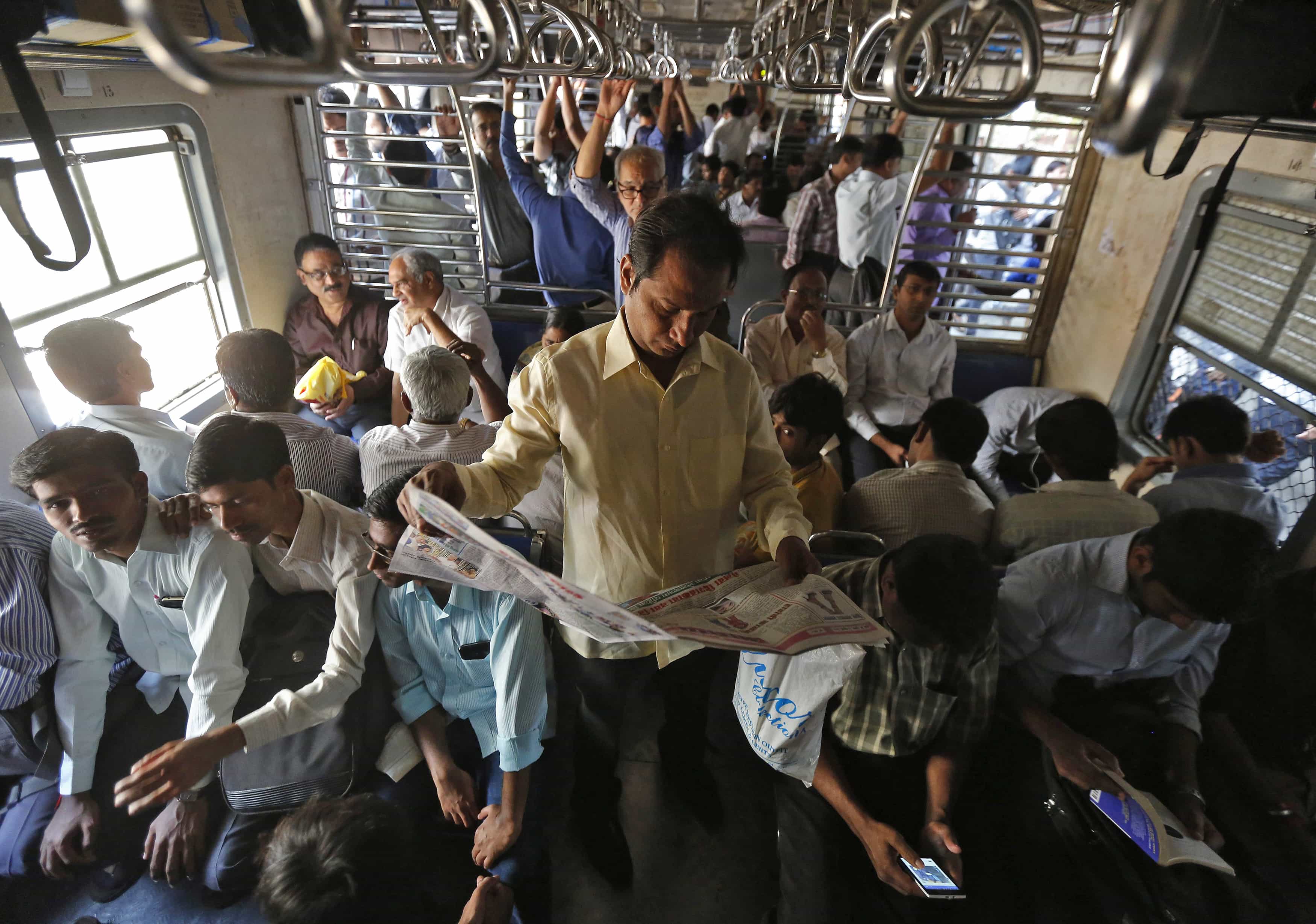
As Modi marks one year in office, space for criticism is shrinking
“Modi has tightened the screws on information.” This statement from Bangalore-based journalist Subir Ghosh underscores a common challenge repeated by several of India’s journalists, who say the space for criticism is shrinking under Narendra Modi’s rule.

India’s free speech debate is alive and well
The Supreme Court of India recently struck down section 66A of the IT Act. The landmark decision signals a move towards greater protection of free expression in the world’s largest democracy; but there is still much to do.
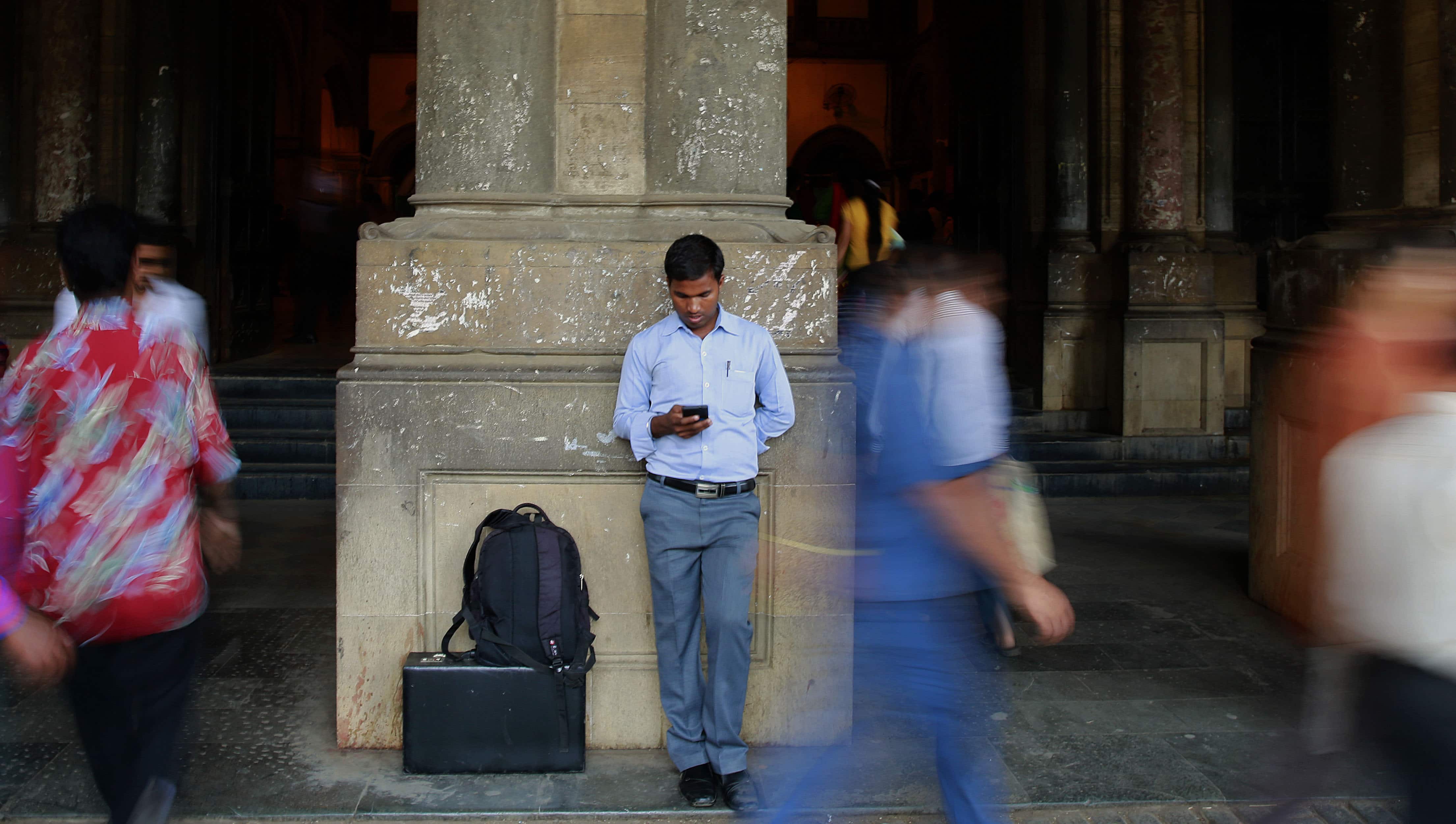
In landmark ruling, India’s Supreme Court chooses to protect online speech
By striking down Section 66A as unconstitutional, the Supreme Court has struck a blow for free expression in the world’s largest democracy.
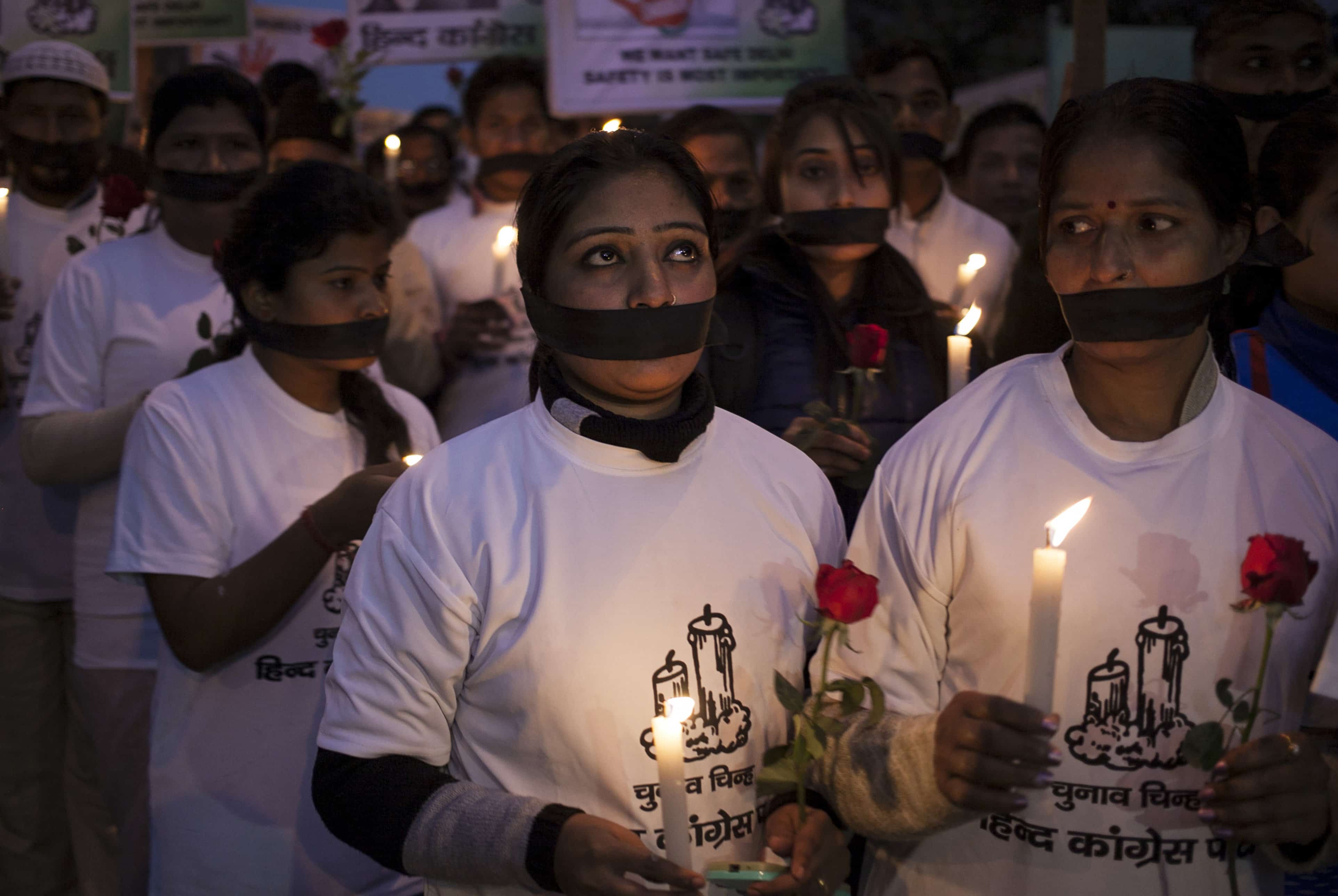
A documentary banned in India, but conversation about women’s safety continues
The banning of the documentary “India’s Daughter” is seen as another example of the chilling climate of censorship in the country. Nevertheless, if the filmmakers wanted to inspire a conversation about rape and attitudes about women, the ban may have inadvertently aided their cause.